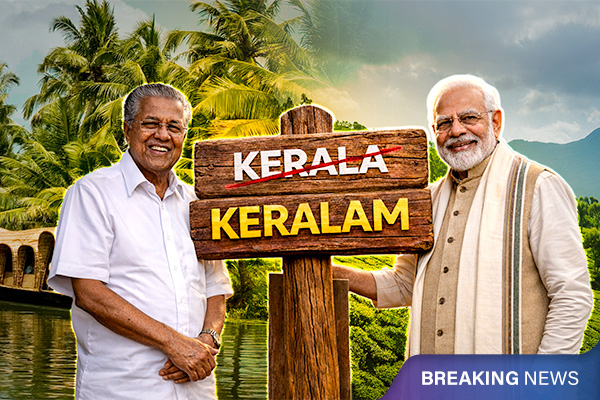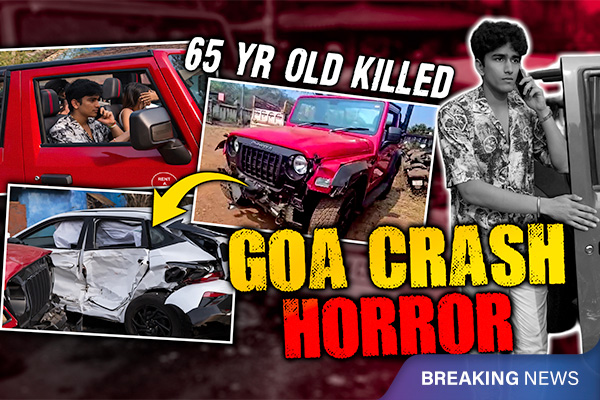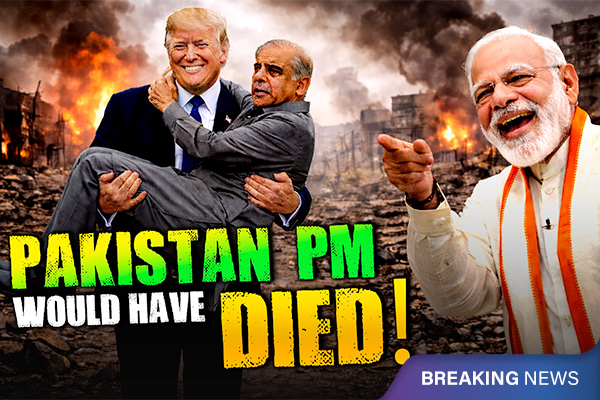Maharashtra Plans to Limit Number of Cars per Family Soon
Maharashtra is considering new policies, including mandatory certified parking, limiting car ownership per family, and congestion taxes, to tackle traffic jams and pollution in its cities.
The state of Maharashtra is taking steps to deal with the growing problem of traffic congestion and vehicle-related pollution in its cities. Recently, the Maharashtra Cabinet put forward a proposal to introduce a new policy that will require car buyers to get a "Certified Parking Area" (CPA) certificate before registering a new vehicle. This certificate will be issued by the local municipal corporation (like the BMC in Mumbai) and the local transport department. It will serve as proof that the buyer has proper parking space for the vehicle.
This policy will apply to newly registered vehicles and to cars older than 15 years when they go for their fitness certificate renewal. However, two-wheelers and three-wheelers will not be affected by this rule.
Along with this, the government is also considering other measures to ease traffic and reduce pollution. These include:
-
Promoting cab-sharing programs with benefits for users.
-
Encouraging the use of electric vehicles (EVs).
-
Introducing a congestion tax, which will be a fee for vehicles entering busy areas of the city during peak traffic hours.
In addition to these, Maharashtra is thinking of another policy that could limit the number of cars a family can own. Vivek Bhimanwar, Maharashtra's Transport Commissioner, explained that the rising number of cars owned by families is a key reason for worsening traffic in metropolitan cities. He believes that limiting car ownership could help reduce parking shortages, traffic jams, and pollution.
The details of this policy are still unclear. It is not yet known whether it will be applied only in big cities like Mumbai, Pune, and Nagpur or across the entire state. However, all these proposals are still in the planning stage and have not been put into action yet.
Maharashtra Chief Minister Devendra Fadnavis has instructed the cabinet to consult with all the concerned departments in the targeted cities. The government will also look into the legal aspects of these policies before finalizing them in the next three months.
Globally, several countries have already taken similar measures to control traffic. For example, in Japan, people need a "garage certificate" to buy a new car, ensuring they have a parking space. Singapore has had a "vehicle quota system" since 1990, where citizens need a "certificate of entitlement" to own a car, and the certificate is only valid for 10 years. In China, many cities have set restrictions on car purchases, including systems similar to Singapore's.
Cities like London have implemented congestion taxes, charging vehicles £15 to enter certain parts of the city during peak hours. This has helped reduce the number of cars by 20%. In New York and Zurich, Switzerland, vehicle access is restricted during busy hours, and parking is allocated outside the city to help reduce traffic.
Maharashtra’s government is now studying these international policies and may implement similar solutions to help ease the state's growing traffic problems.







